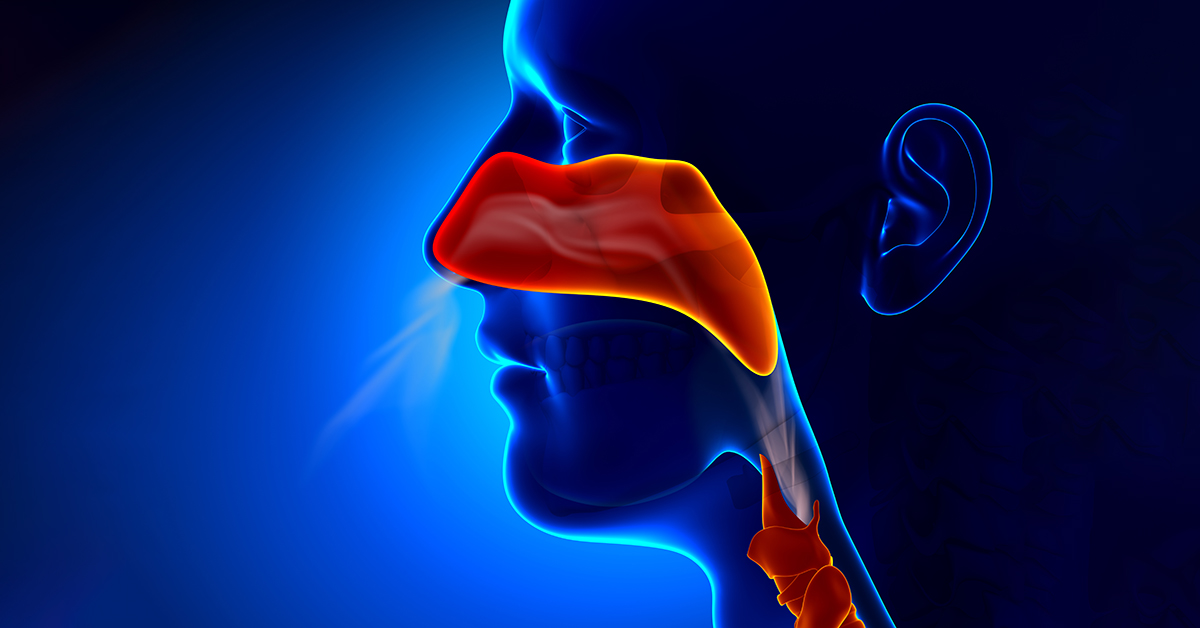
Are All Cases of Sinusitis the Same?
When your sinuses are healthy, they are filled with air. In the event they experience any inflammation, they can fill with fluid and germs and cause a sinus infection or sinusitis. The most common causes of sinusitis are allergies, airborne chemicals, irritants, and fungal infections.
Acute Sinusitis vs. Chronic Sinusitis
No two cases of sinusitis are exactly alike. While you may have acute sinusitis, a friend or relative may be living with chronic sinusitis. Acute sinusitis typically begins with a cold or seasonal allergies.
It leads to an increase of mucus, which cannot drain properly as a result of inflammation. The good news is that many cases of acute sinusitis are viral and can be treated fairly quickly with conservative measures such as rest, fluids, and over-the-counter medications.
Sinusitis becomes chronic when it lasts for more than 12 weeks. If you have chronic sinusitis, you are showing at least two of the following symptoms:
- Nasal congestion
- Pain
- Tenderness
- Swelling around your eyes
- A diminished sense of smell and taste
- Drainage of a thick green or yellow discharge from your nose
Although there are a number of reasons you may experience chronic sinusitis, asthma, allergies, a deviated septum, or conditions like HIV or cystic fibrosis are the most common causes of this long-lasting form of sinusitis.
When it comes to treating chronic sinusitis, there are several options available. Nasal sprays can prevent or treat inflammation while antibiotics can resolve bacterial infections. If allergies are the root cause of your condition, immunotherapy or allergy shots may be recommended.
Surgery such as a balloon sinuplasty is typically only prescribed when conservative measures fail. During this procedure, a tiny, flexible catheter opens blocked sinus passageways to relieve congestion and improve the way your sinuses drain.
When to See A Doctor
It's a good idea to consult a doctor if you've experienced sinusitis several times and have discovered that your condition does not respond well to conservative treatments like rest, hydration, and over-the-counter medications. The rule of thumb is to seek medical attention if your symptoms last for 10 days or more.
Once you see a doctor, they'll diagnose your condition by using a special device to look inside of your nose. They may also perform imaging tests like CT scans or MRIs or even allergy tests to confirm whether your sinusitis is acute or chronic.
Since every case of sinusitis is different, the treatment plan they may prescribe to you may be different than the one recommended to your friend.



